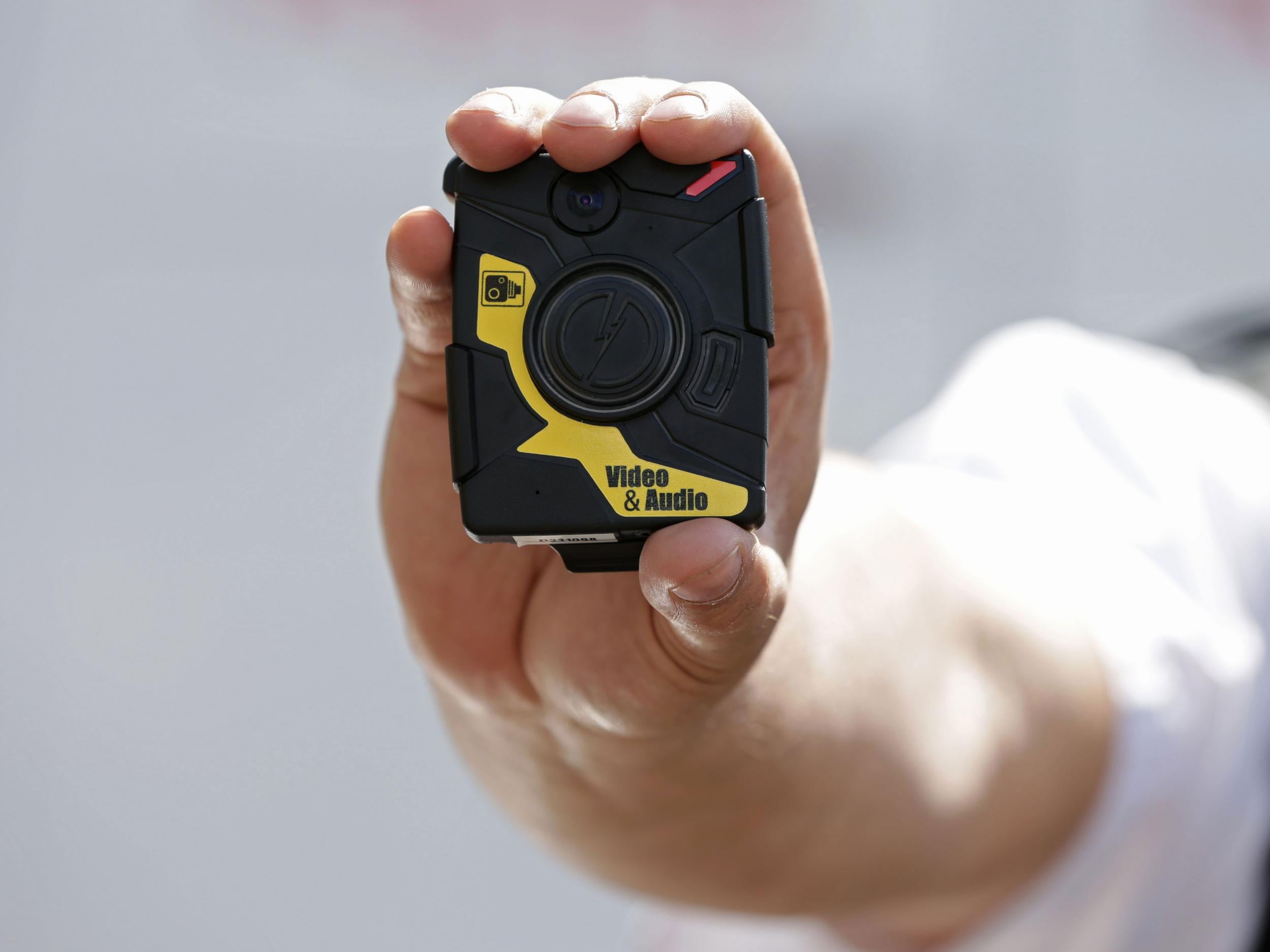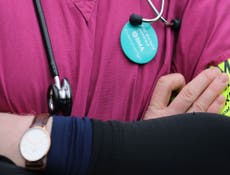Thanks to camera phones, we’re all now undercover reporters
When I was the producer-director of a Panorama episode which used secret filming to expose abuse at a care home, I was surprised that a family member of a resident had captured sufficient evidence to lead to a conviction

In 1999, the undercover reporter Donal MacIntyre appeared on the cover of the Radio Times with secret cameras taped to his chest. The stunt attracted a combined audience of more than 10 million people for the first two episodes of MacIntyre Undercover. Almost two decades later, the media landscape has completely changed.
It is not just that mainstream television audiences have diminished; it is that appetites for white, male journalists (and I speak as one of those) telling us what is wrong in the world have rightly diminished. Shows such as Gogglebox and digital services such as YouTube have put ordinary people at the heart of broadcasting.
Television has been democratised. There is no less wrong in the world to be exposed, of course, but there are now newer and perhaps better ways to expose it. Ordinary people can, and are, becoming covert, undercover television reporters for themselves.
When ITV broadcast its Saudi Arabia Uncovered documentary this week, most of the footage shown was obtained by individual Saudis who risked their lives to record footage and smuggle it out. At the start of the film, a Saudi campaigner was given a secret camera to try to expose inequality and cruelty himself. For six months, “Yasser” risked arrest and extreme punishment to show the world what life is actually like for most of those inside Saudi Arabia. Phone footage of chaos and prisoners abusing their cell mate from inside a Saudi jail were broadcast alongside exclusive footage of rare protests on the street.
Over the past decade, the trend towards “Do It Yourself” undercover filming has been gathering steam. In 2012, when I was the producer-director of a Panorama episode which used secret filming to expose abuse at a care home, I was surprised that a family member of a resident had managed, by themselves, to capture sufficient evidence of abuse to lead to a conviction.
In 2014, we broadcast another major investigation into mistreatment and neglect inside two of Britain’s care homes. This time, we sent a reporter to work undercover in one home, but we also broadcast footage filmed by a granddaughter of a resident in a second home, who had captured harrowing evidence of her bedridden grandmother being left for hours calling out for help.
There are still times and places where it is necessary for a reporter to “go in”, undercover. For example, when the BBC’s Panorama learnt of serious allegations of abuse being covered up at a privately run prison for 12- to 18-year-olds in Kent, we painstakingly gathered evidence and hired an undercover reporter to work there. There have been arrests and suspensions as a result of that investigation – and a number of reviews are under way into how Panorama could have exposed abuse that so many agencies should have picked up long before.
But secret filming, whether recorded using professional secret cameras purchased over the internet or simply on smartphones, has become a feature of modern reporting and gives victims power to tell their stories. As technology improves, it will only become more affordable and more prevalent.
It is not a straightforward phenomenon. For ordinary people, capturing covert film poses ethical and practical dilemmas. They could be hurt if they are discovered filming, and too often cameras can be deployed without sufficient thought: is it really necessary to use secret filming, are there other ways that problems could be resolved? For journalists, there are new challenges as well: we do not encourage people to take matters into their own hands but once they have, how do we judge, assess and support such endeavours, safely and ethically?
But if done judiciously, carefully and safely, secret filming can spark huge social change – and it is coming to a care home, nursery, factory or even totalitarian dictatorship near you.
Joe Plomin is a director-producer for the BBC and the author of ‘Hidden Cameras’, published by Jessica Kingsley



Join our commenting forum
Join thought-provoking conversations, follow other Independent readers and see their replies